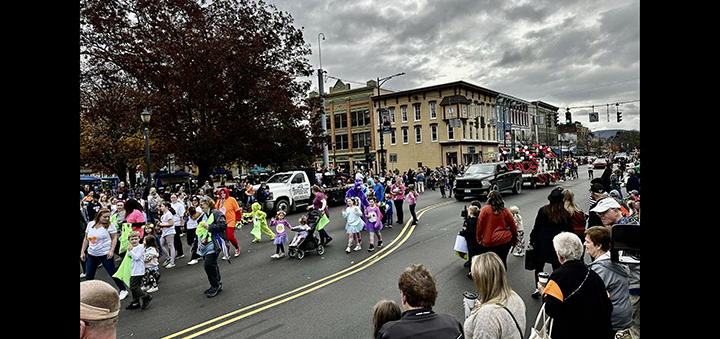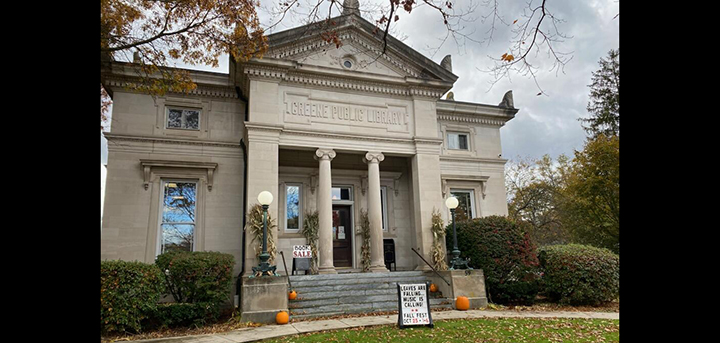City calls for changes in rental registry
NORWICH – After months of deliberation, the Norwich Common Council is pursuing revisions to the rental registration program that officials say will improve standard of living conditions for apartment dwellers.
Changes call for the amendment of Chapter 310 of the City Code, which concerns housing standards within the city. A public hearing is scheduled for 7 p.m., June 19, at City Court.
If the rental registration program is adopted as amended, Code Enforcement Officer Jason Lawrence said his office would begin inspecting rental units after a change of tenants, or every three years, at a $25 per inspection fee to be paid by the landlord. Landlords would be required to let the city know when a tenant moves, or, should the landlord fail to notify the city, officials may refer to name changes on water bills.
City officials would be able to take legal action against rental property owners who fail to comply with the new ordinances.










Comments